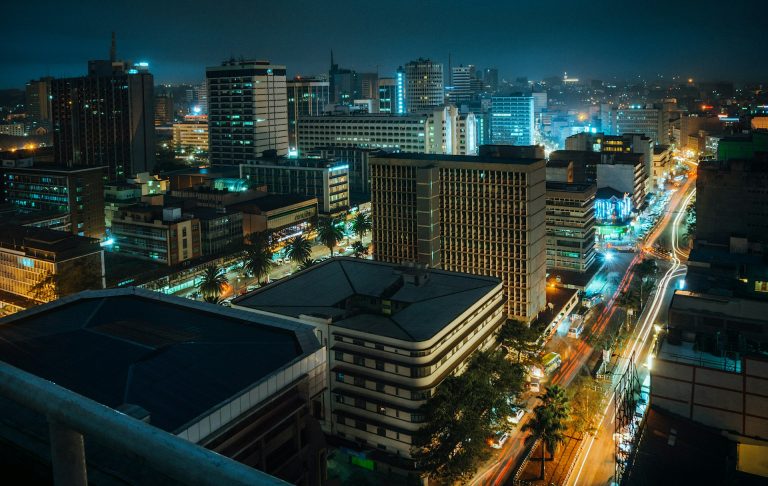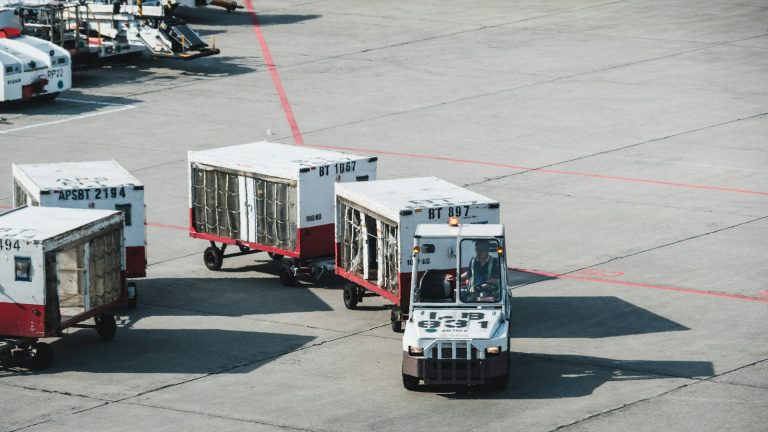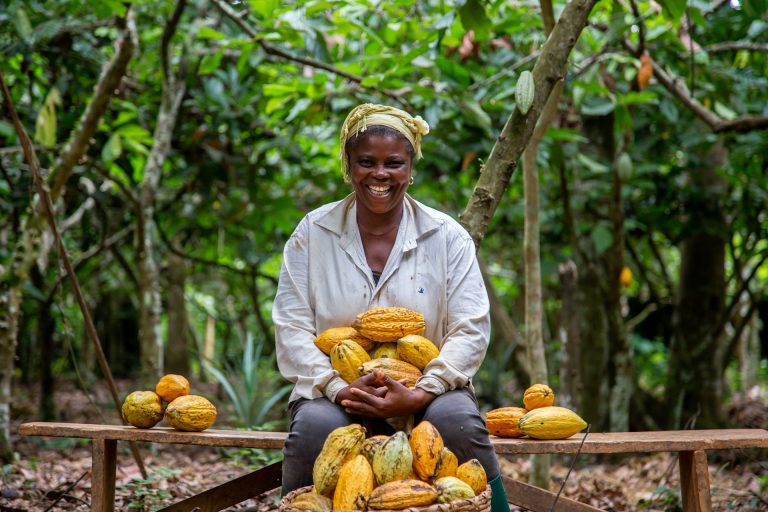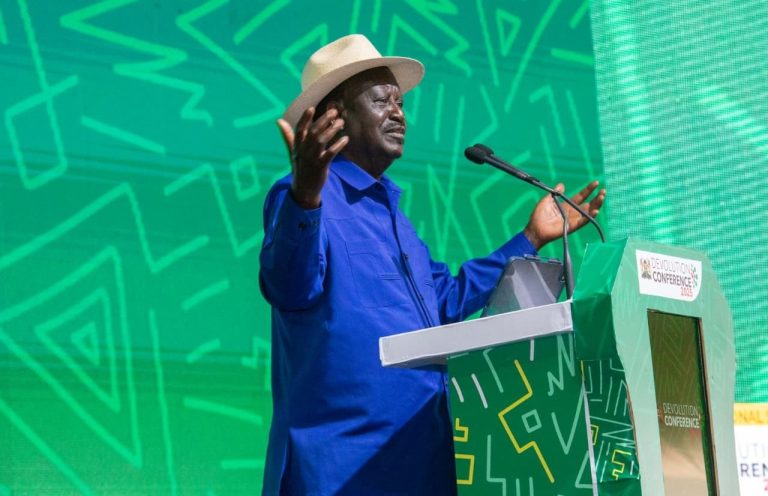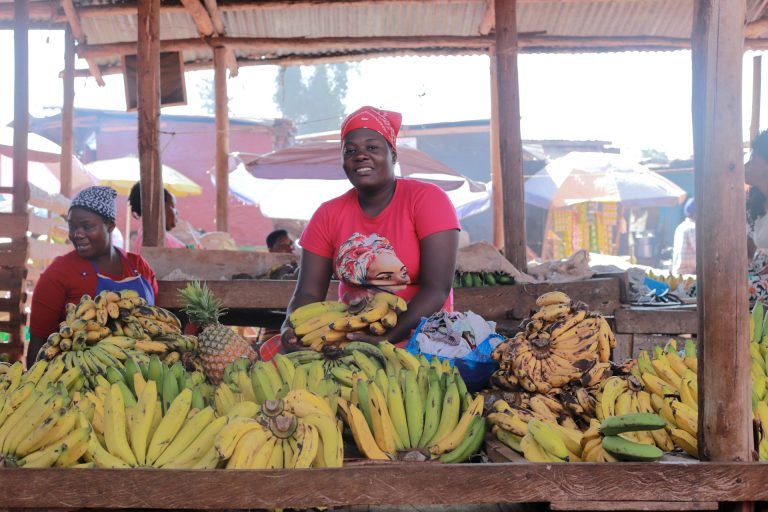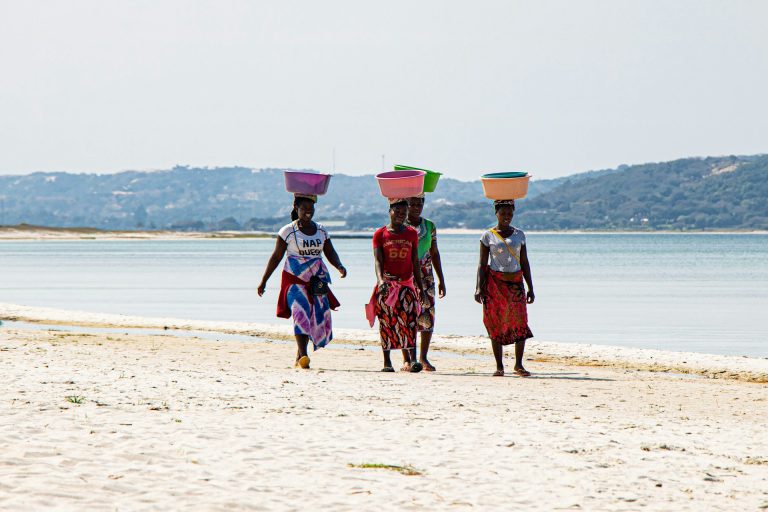- Global powers fund new railways and pipelines to access Africa’s natural resources
- Infrastructure projects boost intra-African trade and economic integration
Abuja, Nigeria – Africa is poised to achieve major infrastructure gains as global powers vie for its vast natural resources, with new projects accelerating development across the continent.
[restrcit]
One of the latest initiatives is a rail line connecting Zambia and the Democratic Republic of Congo to the Angolan Atlantic port of Lobito. Backed by the U.S. and its allies, this project aims to facilitate the export of critical minerals from Africa. In August, commodities trader Trafigura dispatched its first copper shipment from the Lobito port to Baltimore, marking a milestone for the new transport route. Shortly after, China, Tanzania, and Zambia agreed on a $1 billion revamp of the Tazara railway, linking these countries to the Indian Ocean port of Dar es Salaam, providing Chinese mining companies with faster export routes.
As global powers ramp up their competition for African resources, their infrastructure investments are also strengthening intra-African trade and economic integration.
Infrastructure Agreements and Economic Zones
In late September, the Africa Finance Corporation (AFC), an infrastructure-focused development finance provider, signed a concession deal with Angola and Zambia to operate, finance, and further develop their rail network. This agreement includes constructing an 800-kilometre rail line connecting Angola’s Benguela railway with Zambia’s Chingola rail hub.
“The Zambia Lobito Rail Project represents a game-changing development for the region, unlocking the tremendous potential for trade, industrialization, and socio-economic growth,” said Samaila Zubairu, CEO of Africa Finance Corporation. “AFC is proud to partner with the governments of Angola and Zambia to deliver world-class rail infrastructure, which will accelerate industrial development in Africa, promote regional integration and provide a vital export route for copper and other critical minerals for the global energy transition.”
A potential beneficiary of an improved rail connection in Zambia is the Jiangxi Economic Cooperation Zone (Jiangxi MFEZ) in Chibombo District. Started by Chinese company Jiangxi United Industrial Development Limited in 2018, it has turned what was a poor rural community about 80 kilometres north of Lusaka into a thriving hub with a network of roads and utilities for battery manufacture using raw materials from the nearby Copperbelt. Zambia and DR Congo also plan to build a similar economic zone along their common border.
Pipeline Projects and Regional Benefits
In West Africa, proposed gas pipelines aimed at transporting fuel to Europe promise benefits for local economies. The Trans-Saharan Gas Pipeline, originating from Nigeria and passing through Niger and Algeria, will connect to Europe’s network, while another coastal pipeline from Nigeria to Morocco will link several West African nations before reaching Spain. These projects will not only supply gas to European markets but also create domestic energy hubs in African countries, supporting power plants and industries.
Meanwhile, China’s investment in Kenya has resulted in the standard gauge railway connecting Nairobi to Mombasa. The line has significantly reduced transport costs and time, boosting economic activity between the capital and the coastal region.
“The rivalry among global powers has increased Africa’s bargaining powers,” said Gbara Awanen, an Africa specialist and lecturer at Base University in Abuja. “Infrastructure is certainly one of the benefits, and Africa is in a position to secure more concessions.”
[/restrcit]


